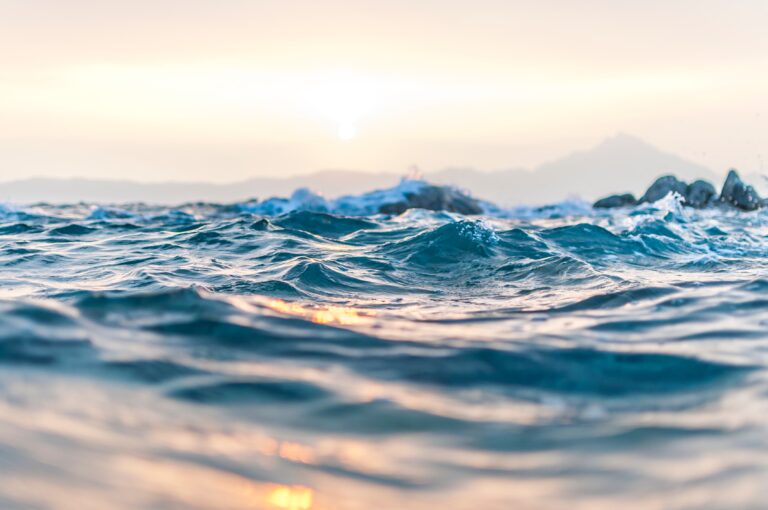In preparation for the launch of the 2nd World Ocean Assessment report, the UN Division of Ocean Affairs and Law of the Sea (DOALOS) hosted a webinar earlier this month entitled “Strengthening the science-policy interface for ocean sustainability”, now available on UN TV (click here).
The ocean and its ecosystems continue to face unprecedented challenges, including impacts by multiple and cumulative pressures from human activities as well as changing dynamics fuelled by climate change, leading to the continued deterioration of the health of the ocean. Addressing such challenges calls for the strengthening of science-policy interface, aimed at increasing the scientific understanding of the ocean and the challenges it faces, while also ensuring responsive ocean policies and actions that are informed by the best available science.
The Regular Process for Global Reporting and Assessment of the State of the Marine Environment, including Socioeconomic Aspects (Regular Process) is a global mechanism established after the 2002 World Summit on Sustainable Development to regularly review the environmental, economic and social aspects of the world’s oceans, both current and foreseeable. It is accountable to the United Nations General Assembly, and its purpose is to contribute to the strengthening of the regular scientific assessment of the state of the marine environment in order to enhance the scientific basis for policymaking.
The G7 Future of the Seas and Oceans Initiative has established a priority action area to support an enhanced system of ocean assessment through the UN Regular Process for global reporting and assessment of the state of the marine environment. The G7 FSOI will work together with DOALOS and the Intergovernmental Oceanographic Commission of UNESCO to identify ways and means to enhance the linkages between the global ocean science and global ocean observing communities and the UN Regular Process.
